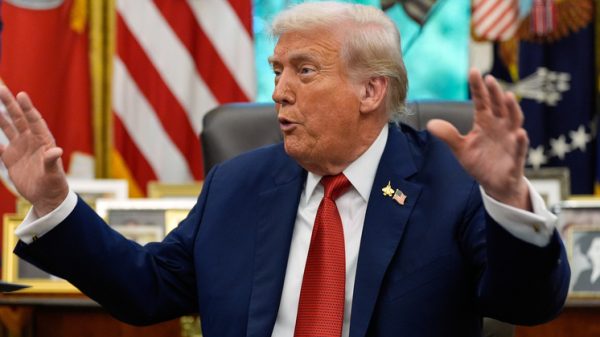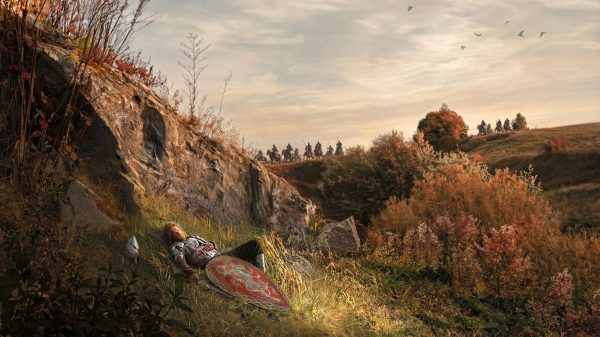The success of the vaccination programme makes it possible to consider lifting the lockdown restrictions, scientists have told MPs, but the UK should not expect to become Covid-free like New Zealand.
Mark Woolhouse, professor of infectious disease epidemiology at the University of Edinburgh, told the Commons science and technology committee on Wednesday that the country could begin to ease out of lockdown earlier than it did the first time round.
“I think we do have reasons to be more confident that we can move out of lockdown swifter than we could have done out of the first one,” he said.
“One of the things we didn’t have was as much confidence in the scientific data that we have now. In my view, we were a little slow to learn from that scientific data.”
He gave two examples. Reviews of the evidence that his group and others had carried out showed that schools could have safely reopened sooner, he stated. Reopening schools had never caused a surge in cases across western Europe, he said – although it had happened with universities. And it was very rare for anybody to be infected with the virus outdoors.
Over the summer there had been pictures of crowded beaches on the television news, which caused an outcry. “There were no outbreaks linked to crowded beaches. There’s never been a Covid-19 outbreak linked to a beach ever anywhere in the world,” he said. “That’s to the best of my knowledge. So I think we do have to understand where the risks are, so that we can do as much as possible safely without over-compensating.”
He told the committee that the public health benefit of a lockdown declines over time. “You get half the public health benefit … in the first two weeks. And the next two weeks is only half the benefit again and then half the benefit again. So the actual public health benefit you’re getting from lockdown diminishes over time,” he said.
But the UK government’s deputy chief scientific adviser, Prof Angela McLean, took a more cautious view, saying it was crucial to balance the unlocking of society with the rollout of vaccinations. “I think all of us are agreed, scientists and non-scientists, that we don’t want another big wave of infection. The major scientific issue is how fast can we do these two things in order to ensure we don’t get another wave.
“I think we are all delighted at the way the vaccine rollout has gone, but there are still a lot of people who have not been vaccinated yet and a lot of people who have not had Covid, so a lot of people who could catch it.”
Even people who have been vaccinated will not know whether they can still catch the virus because the vaccines are not 100% effective, she said, and they do not know whether they can transmit it to others.
Neither Woolhouse nor Sir John Bell, regius chair of medicine at the University of Oxford, who later gave evidence, thought there was any chance that the UK could imitate New Zealand, with virtually zero Covid cases. That moment passed last February or March, said Woolhouse, when the virus spread so widely across the UK.
“There doesn’t appear to be a route to a New Zealand-like position from where the UK is … because no country in the UK position got anywhere near avoiding the second wave,” he said. “We need to be learning to live with this virus, as we needed to do from the outset of it.”
‘I’ve accepted the risk’: volunteering to be exposed to Covid in new trials
Read more
Bell said the UK was nothing like New Zealand. “They’ve got quite a lot of sheep in New Zealand. And they are a million miles from anywhere,” he said.
Border controls would not keep out the new variants. The UK’s genetic sequencing ability would enable variants to be identified and vaccines altered to protect people from them, he said. But like Woolhouse, he thought we would have to live with the virus.
“I think there’s a kind of existential issue here about whether we are going to philosophically say we’re going to eliminate the virus completely, and then go back to normal, or whether we’re going to accept that there’s going to be transmission and viral activity in the population, probably over long periods of time, and what we have to do is reduce harm from that virus in a way that we stop people from getting seriously sick and stop people from dying,” he said.





















































Свежие комментарии